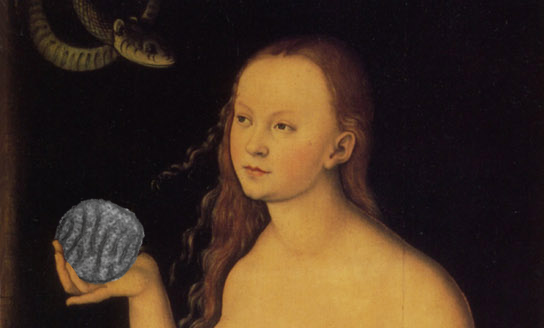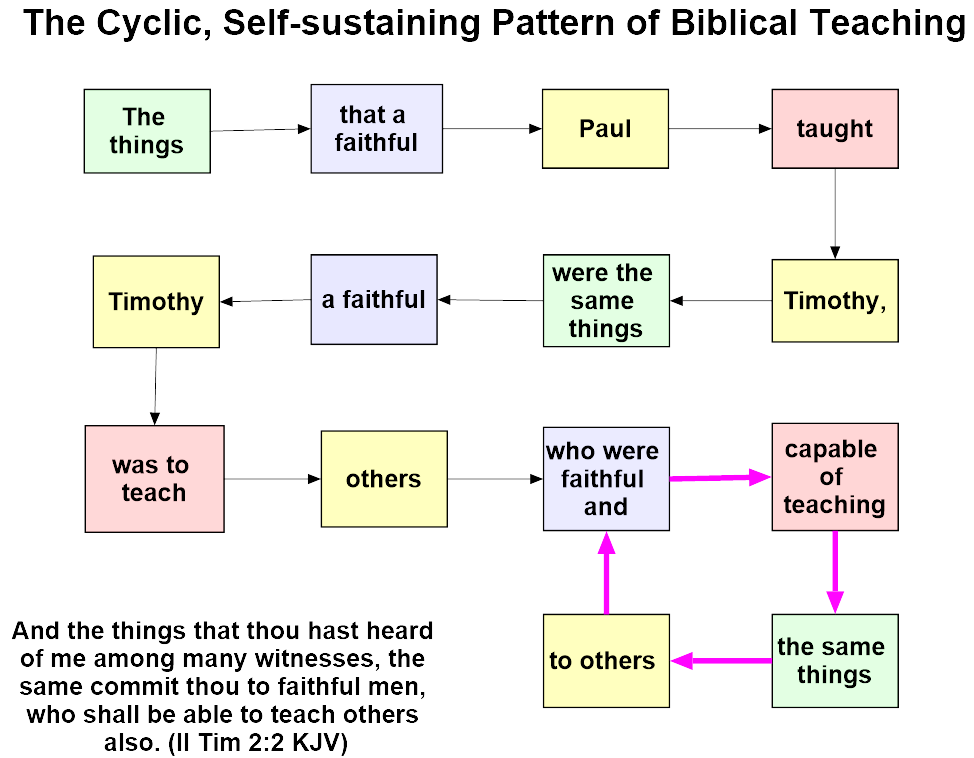As we approach the end of the second week and the beginning of the third week of 2017, in the spirit of my New Year’s Resolution post A Different Kind of New Year’s Resolution: Instead of Packing Away the Advent Wreath for Another Year, Reflect on Its Lessons During All of 2017, it’s time to consider the second blue candle of the Advent Wreath.

In many Christian traditions that use the Advent Wreath, the second blue candle represents love. Advent and Christmas tell the story of God’s unfailing love for mankind. From the dawn of creation, mankind has held a special place in God’s world.
So God created man in His own image, in the image of God created He him; male and female created He them. And God blessed them, and God said unto them, Be fruitful, and multiply, and replenish the earth, and subdue it: and have dominion over the fish of the sea, and over the fowl of the air, and over every living thing that moveth upon the earth. And God said, Behold, I have given you every herb bearing seed, which is upon the face of all the earth, and every tree, in the which is the fruit of a tree yielding seed; to you it shall be for meat. And to every beast of the earth, and to every fowl of the air, and to every thing that creepeth upon the earth, wherein there is life, I have given every green herb for meat: and it was so. And God saw every thing that he had made, and, behold, it was very good. And the evening and the morning were the sixth day. (Genesis 1:27 – 31, KJV)

God looked and saw that everything He had created was good. He enjoyed His creation. Genesis 3 seems to imply that God would visit his Creation and spend time in the Garden. During these visits, it seems that God spent time visiting and talking with Adam and Eve.
And they heard the voice of the Lord God walking in the garden in the cool of the day: and Adam and his wife hid themselves from the presence of the Lord God amongst the trees of the garden. And the Lord God called unto Adam, and said unto him, Where art thou? (Genesis 3: 8 & 9, KJV)

By disobeying one simple command “Don’t eat of the fruit of one specified tree!” Adam and Eve separated themselves from fellowship with God and participation in the benefits of God’s mercy and love.
And the woman said unto the serpent, We may eat of the fruit of the trees of the garden: But of the fruit of the tree which is in the midst of the garden, God hath said, Ye shall not eat of it, neither shall ye touch it, lest ye die. (Genesis 3: 2 & 3, KJV)

Because of their sin of disobeying God and eating of the forbidden fruit, Adam and Eve were driven from the Garden of Eden. Because of one man’s sin, all men became separated from God. The expulsion of Adam and Eve from the Garden is a picture of the expulsion of all sinful men from the presence of God.

A holy, righteous God could not condone sin. However, because of His love for creation, He had a plan to redeem mankind.
Therefore being justified by faith, we have peace with God through our Lord Jesus Christ: By whom also we have access by faith into this grace wherein we stand, and rejoice in hope of the glory of God. And not only so, but we glory in tribulations also: knowing that tribulation worketh patience; And patience, experience; and experience, hope: And hope maketh not ashamed; because the love of God is shed abroad in our hearts by the Holy Ghost which is given unto us. For when we were yet without strength, in due time Christ died for the ungodly. For scarcely for a righteous man will one die: yet peradventure for a good man some would even dare to die. But God commendeth his love toward us, in that, while we were yet sinners, Christ died for us. Much more then, being now justified by his blood, we shall be saved from wrath through him. For if, when we were enemies, we were reconciled to God by the death of his Son, much more, being reconciled, we shall be saved by his life. And not only so, but we also joy in God through our Lord Jesus Christ, by whom we have now received the atonement. Wherefore, as by one man sin entered into the world, and death by sin; and so death passed upon all men, for that all have sinned: (For until the law sin was in the world: but sin is not imputed when there is no law. Nevertheless death reigned from Adam to Moses, even over them that had not sinned after the similitude of Adam’s transgression, who is the figure of him that was to come. But not as the offence, so also is the free gift. For if through the offence of one many be dead, much more the grace of God, and the gift by grace, which is by one man, Jesus Christ, hath abounded unto many. And not as it was by one that sinned, so is the gift: for the judgment was by one to condemnation, but the free gift is of many offences unto justification. For if by one man’s offence death reigned by one; much more they which receive abundance of grace and of the gift of righteousness shall reign in life by one, Jesus Christ.) Therefore as by the offence of one judgment came upon all men to condemnation; even so by the righteousness of one the free gift came upon all men unto justification of life. For as by one man’s disobedience many were made sinners, so by the obedience of one shall many be made righteous. Moreover the law entered, that the offence might abound. But where sin abounded, grace did much more abound: That as sin hath reigned unto death, even so might grace reign through righteousness unto eternal life by Jesus Christ our Lord. (Romans 5: 1-21, KJV)
One major step in this plan was the Advent, the appearance of Jesus Christ as a sinless baby, born of a virgin.

Christ, coming to earth in human form was not enough to satisfy the penalty of sin that all men are under. Jesus had to die on the cross as a sacrifice for our sin, and then be resurrected in glory.

The death and resurrection of Christ satisfied the punishment for our sin and sealed our pardon from God. With such a great show of love from God, we should be willing to show our love for God by obeying Him and telling others about this wonderful love gift. Philip in the middle of an evangelistic crusade was willing to drop everything and go to the Judean desert where he wasn’t sure who he would possibly run into. But God had a plan for him that would eventually lead to millions of people coming to know and accept God’s great love gift.
And Philip ran thither to him, and heard him read the prophet Esaias, and said, Understandest thou what thou readest? And he said, How can I, except some man should guide me? And he desired Philip that he would come up and sit with him. The place of the scripture which he read was this, He was led as a sheep to the slaughter; and like a lamb dumb before his shearer, so opened he not his mouth: In his humiliation his judgment was taken away: and who shall declare his generation? for his life is taken from the earth. And the eunuch answered Philip, and said, I pray thee, of whom speaketh the prophet this? of himself, or of some other man? Then Philip opened his mouth, and began at the same scripture, and preached unto him Jesus. And as they went on their way, they came unto a certain water: and the eunuch said, See, here is water; what doth hinder me to be baptized? And Philip said, If thou believest with all thine heart, thou mayest. And he answered and said, I believe that Jesus Christ is the Son of God. And he commanded the chariot to stand still: and they went down both into the water, both Philip and the eunuch; and he baptized him. (Acts 8: 30-38, KJV)

During 2017, are you under the conviction of God’s love? Are you ready to be a Philip and run to the side of any seeker and explain the gospel message?














